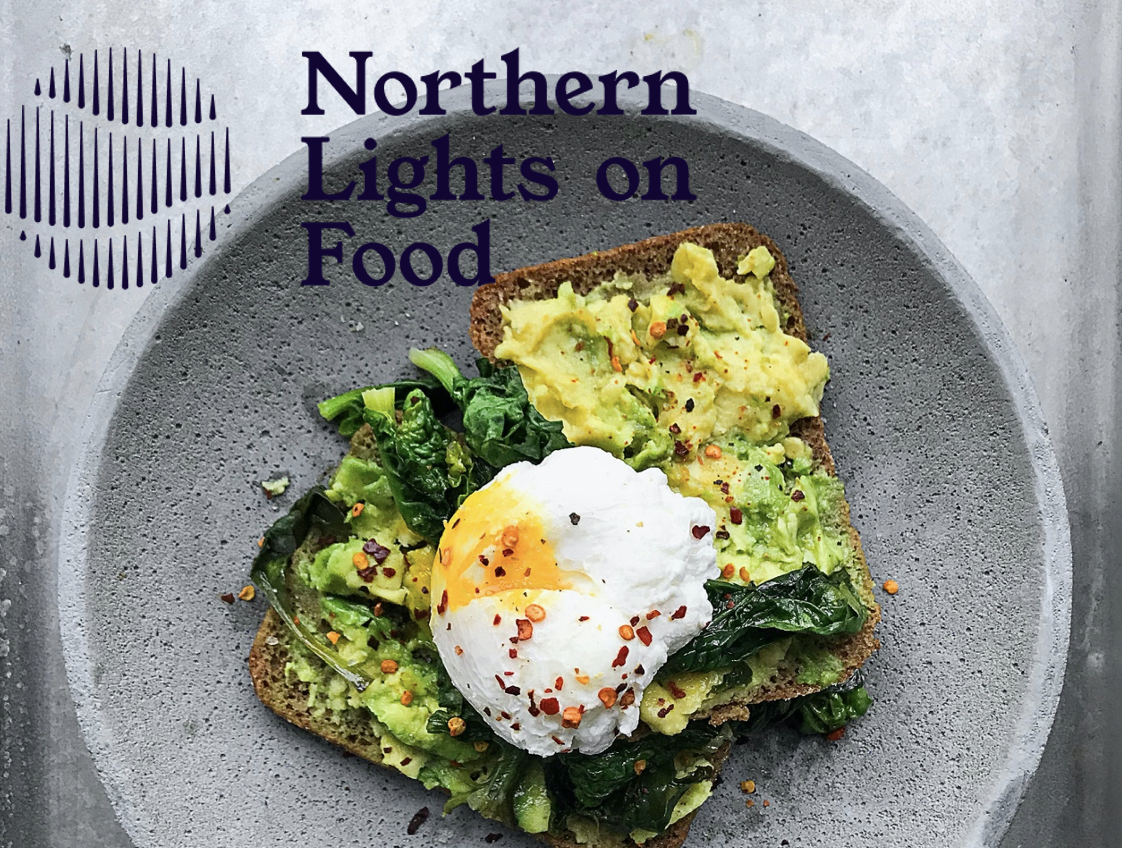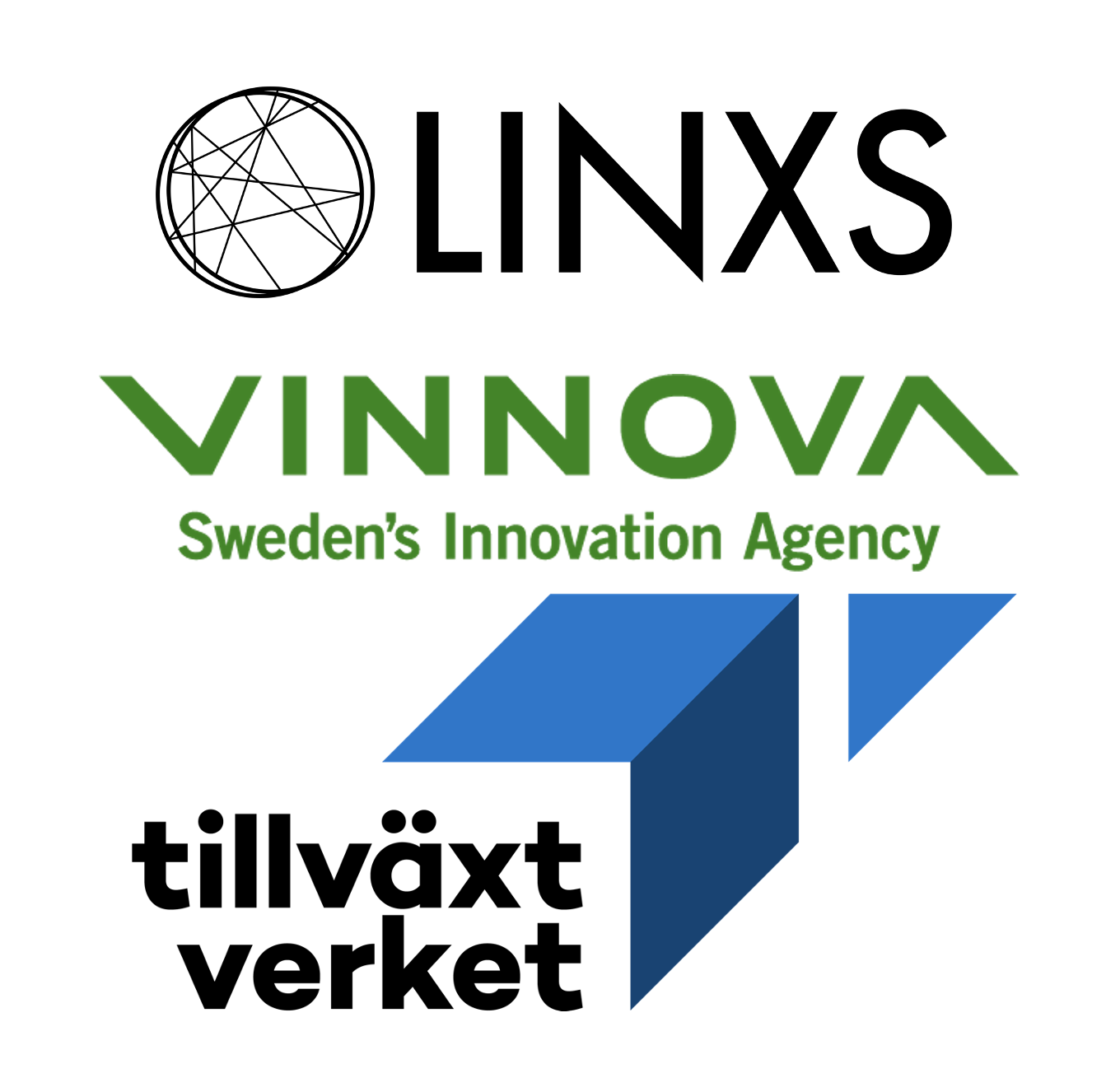How x-ray and neutron scattering can reveal the complexity on food materials
Are you working with food research in industry or academia? Are you curious about how x-ray and neutron scattering could improve your research and your knowledge on food materials? Please come and join our third food masterclass!
Description:
Texture and structure are fundamental to the quality, consumer acceptance, digestibility and physiological relevance of food. By a deeper knowledge of the complexity of food structure at various length-scales, there is a huge potential to develop future food innovations.
While many complementary techniques are employed by food scientists and developers to best understand how to build the architecture of food matrices, only a few use x-ray and neutrons, and even fewer large-scale facilities. X-ray and neutrons analytical tools have shown the potential to reveal important aspects of structure at multiple length scales, in situ, and in the full complexity of processing environments.
By participating in this masterclass, you will acquire basic knowledge of small angle scattering techniques, the design of experiments with particular attention to the complexity of food systems and will work on a project proposal. You will also interact with current users and discuss with peers in your research interest, and carry out collaborative work. Participants will share experience and increase knowledge of how these powerful techniques could complement other advanced chemical and physical techniques more commonly used, such as microscopy, light scattering, rheology and processing simulations.
Type of Event: Masterclass/PhD course
When: Aug 29-Sep 2, 2022
Where: LINXS, workshop room on the 5th floor (Ideon Delta 5, Scheelevägen 19, Lund)
Who: All curious scientists from industry and academia! You should be new, or starting to work with, x-ray and neutron methods, and interested in studying food structure in the entire value chain, from production to consumption.
Cost: The Masterclass is organized with funding support from Tillväxtverket, Vinnova and LINXS and is free of charge. The number of participants is limited to 30 students. A no show fee of 1500 SEK will be imposed.
Website & Registration: Registration with submission of Bio and a short paragraph with motivation, as the masterclass is limited to no more than 30 participants per year. The motivation letter should declare the applicants’ research focus and what they want to gain from neutron and x-ray based methods.
Certificate/credits: A certificate will be issued after the course. PhD are recommended to inquire with their institutions about credits. The recommendation is 4 ECTS (preparation time + class time and assignment 125 hours)
To complete the course for credit students need to submit a draft proposal for beam time with a short presentation of the topic in class.
Masterclass programme: The FINAL full schedule can be downloaded from the registration page.
Application deadline: August 19
Sponsored by:


